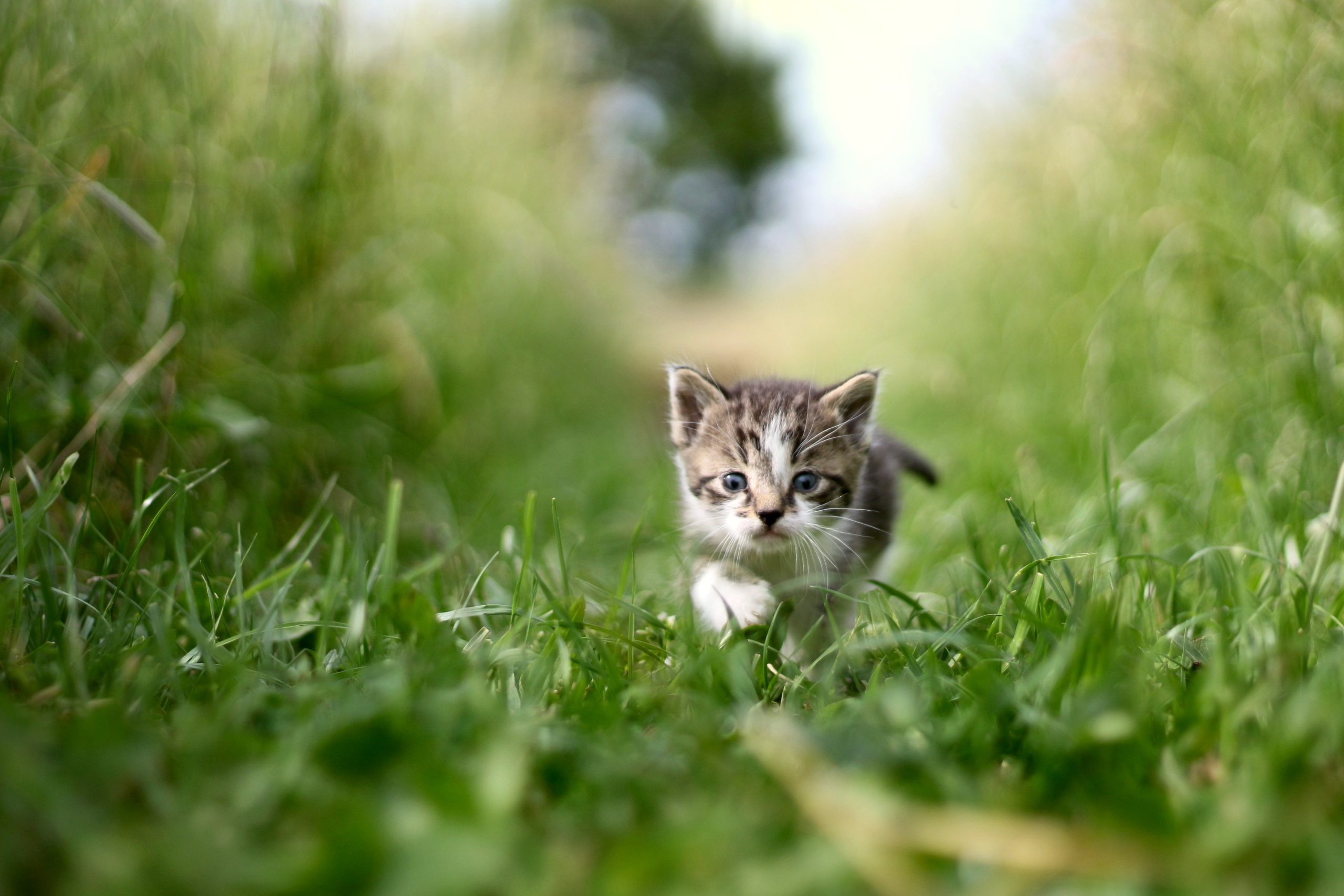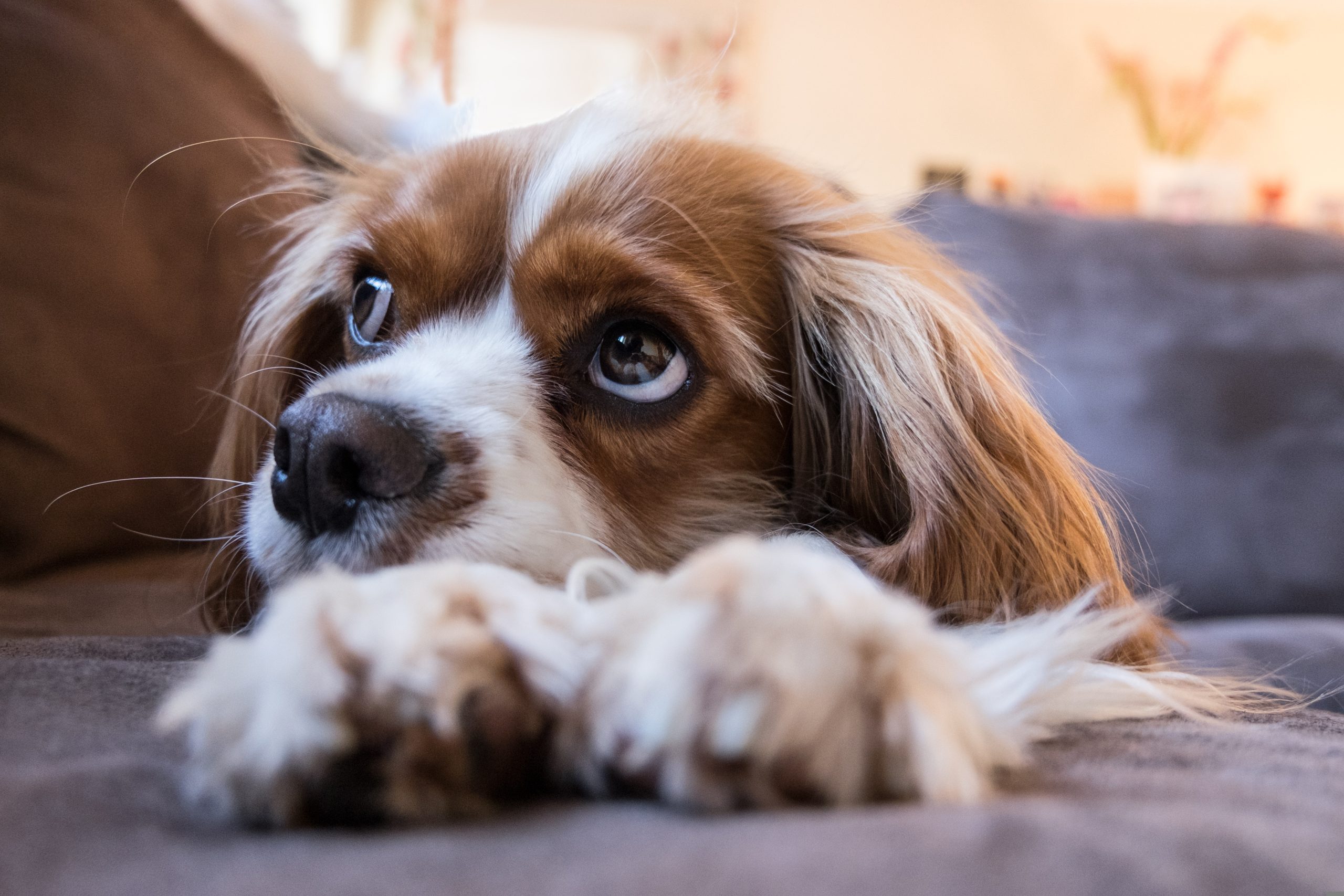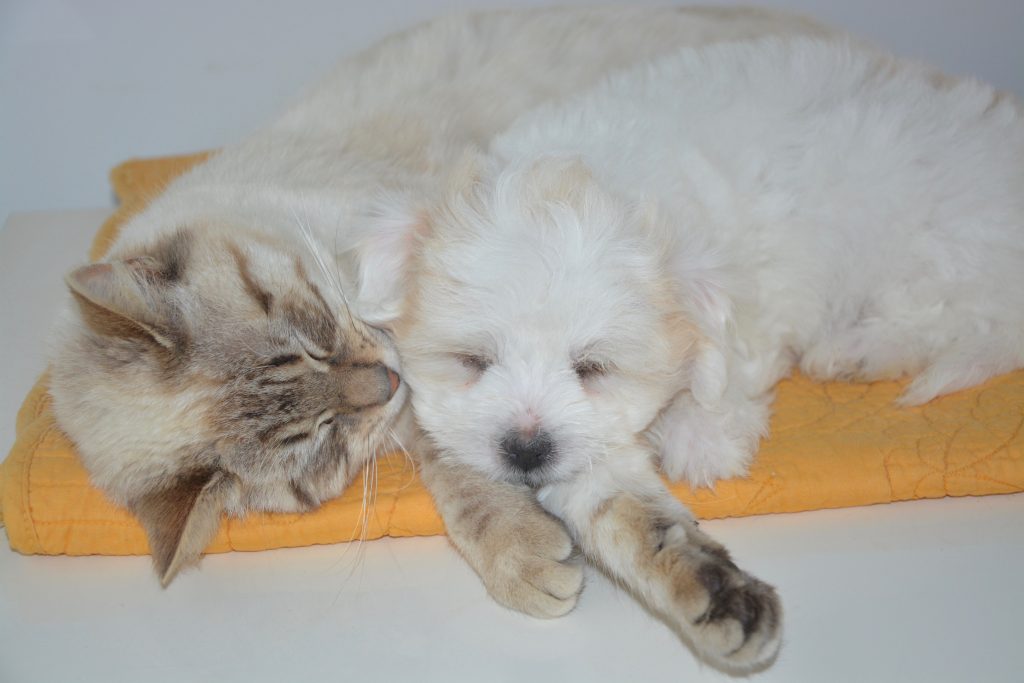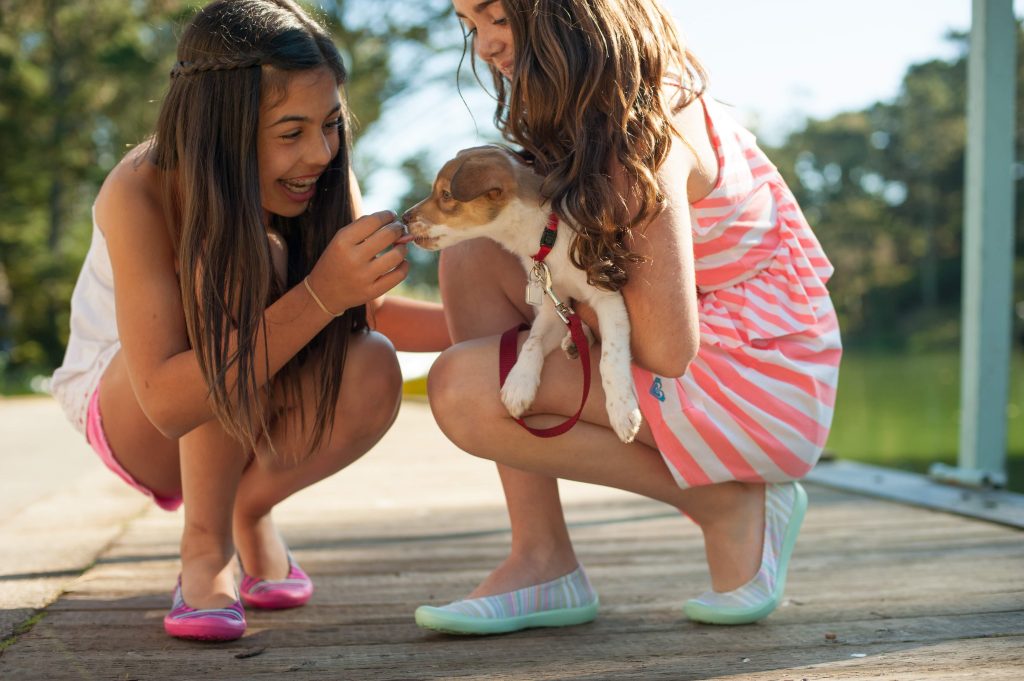Cats are known for their fussy grooming habits and selective palates, but even these furry companions can fall victim to various digestive issues that can disrupt their daily routines and overall well-being. As responsible pet owners, it’s crucial to recognize the signs of digestive distress and understand the underlying causes, treatment options, and preventive measures to ensure our feline friends remain healthy and content.
Causes of Digestive Issues in Cats:
Dietary Indiscretion: Cats may ingest inappropriate foods, foreign objects, or toxic substances, leading to digestive issues like vomiting, diarrhea, or obstruction.
Infections: Viral, bacterial, or parasitic infections can cause inflammation and irritation in the digestive tract, resulting in symptoms like diarrhea, vomiting, and abdominal pain.
Inflammatory Bowel Disease: Chronic inflammation in the digestive tract, often due to an overactive immune response, can lead to Inflammatory Bowel Disease, which causes recurring digestive problems.
Pancreatitis: Inflammation of the pancreas can result in severe abdominal pain, vomiting, and decreased appetite.
Gastrointestinal Obstruction: Foreign bodies, tumors, or intestinal blockages can partially or completely obstruct the digestive tract, leading to vomiting, constipation, and potentially life-threatening complications.
Food Allergies or Intolerances: Some cats may have adverse reactions to certain ingredients in their diet, leading to digestive distress and skin issues.
Stress or Anxiety: Emotional stress can disrupt the normal functioning of the digestive system and contribute to digestive problems.
Symptoms of Digestive Issues in Cats:
Vomiting: Persistent or recurring vomiting can be a sign of various digestive issues and should be evaluated by a veterinarian.
Diarrhea: Chronic or bloody diarrhea can indicate infections, dietary issues, or more serious underlying conditions.
Abdominal Pain: Cats may exhibit signs of discomfort, such as hunching, restlessness, or vocalization, indicating abdominal pain.
Loss of Appetite: A decreased or complete loss of appetite can be a symptom of various digestive disorders.
Weight Loss: Unexplained weight loss can occur due to malabsorption of nutrients or chronic digestive conditions.
Lethargy: Digestive distress can cause fatigue and lethargy in cats.
Dehydration: Excessive vomiting or diarrhea can lead to dehydration, which can be life-threatening if left untreated.
Advice for Digestive Issues in Cats:
Digestive disorders in cats will depend on the underlying cause and severity of the condition. Some common treatment approaches include:
Dietary Management: Prescription diets, bland foods, or elimination diets may be recommended to alleviate symptoms and identify potential food intolerances.
Antibiotics: Antibiotics may be prescribed to treat bacterial infections or inflammation in the digestive tract.
Anti-inflammatory Medications: Drugs like corticosteroids or NSAIDs can help reduce inflammation and alleviate symptoms.
Probiotics and Digestive Enzymes: These supplements can aid in restoring a healthy gut microbiome and improve digestion.
Fluid Therapy: In cases of severe dehydration, intravenous fluids may be necessary to replenish fluids and electrolytes.
Surgery: In some cases, such as intestinal obstructions or tumors, surgical intervention may be required.
Preventive Measures for Digestive Issues in Cats:
While some digestive disorders may be unavoidable, there are several preventive measures pet owners can take to minimize the risk:
Proper Nutrition: Feed your cat a balanced, high-quality diet suitable for their age, breed, and activity level. Avoid table scraps and potentially harmful human foods.
Environmental Management: Keeping your home free from potential hazards, such as toxic substances, loose strings, or small objects that your cat may ingest.
Regular Deworming: Following your veterinarian’s recommendations for deworming to prevent and treat parasitic infections that can affect the digestive system.
Stress Reduction: Provide a calm, enriched environment for your cat and address any sources of stress or anxiety that may contribute to digestive issues.
Litter Box Management: Ensure your cat has access to clean, appropriately sized litter boxes, as stress or discomfort can lead to inappropriate elimination and potential digestive problems.
Regular Exercise: Appropriate play and activity can help in promoting healthy digestion and prevent obesity, which can contribute to digestive issues.
Routine Veterinary Check-ups: Regular wellness exams allow your veterinarian to detect and address any potential digestive issues early on, before they become more serious.




 Expert advice on healthcare, nutrition, behavior and all your pet needs!
Expert advice on healthcare, nutrition, behavior and all your pet needs! 








